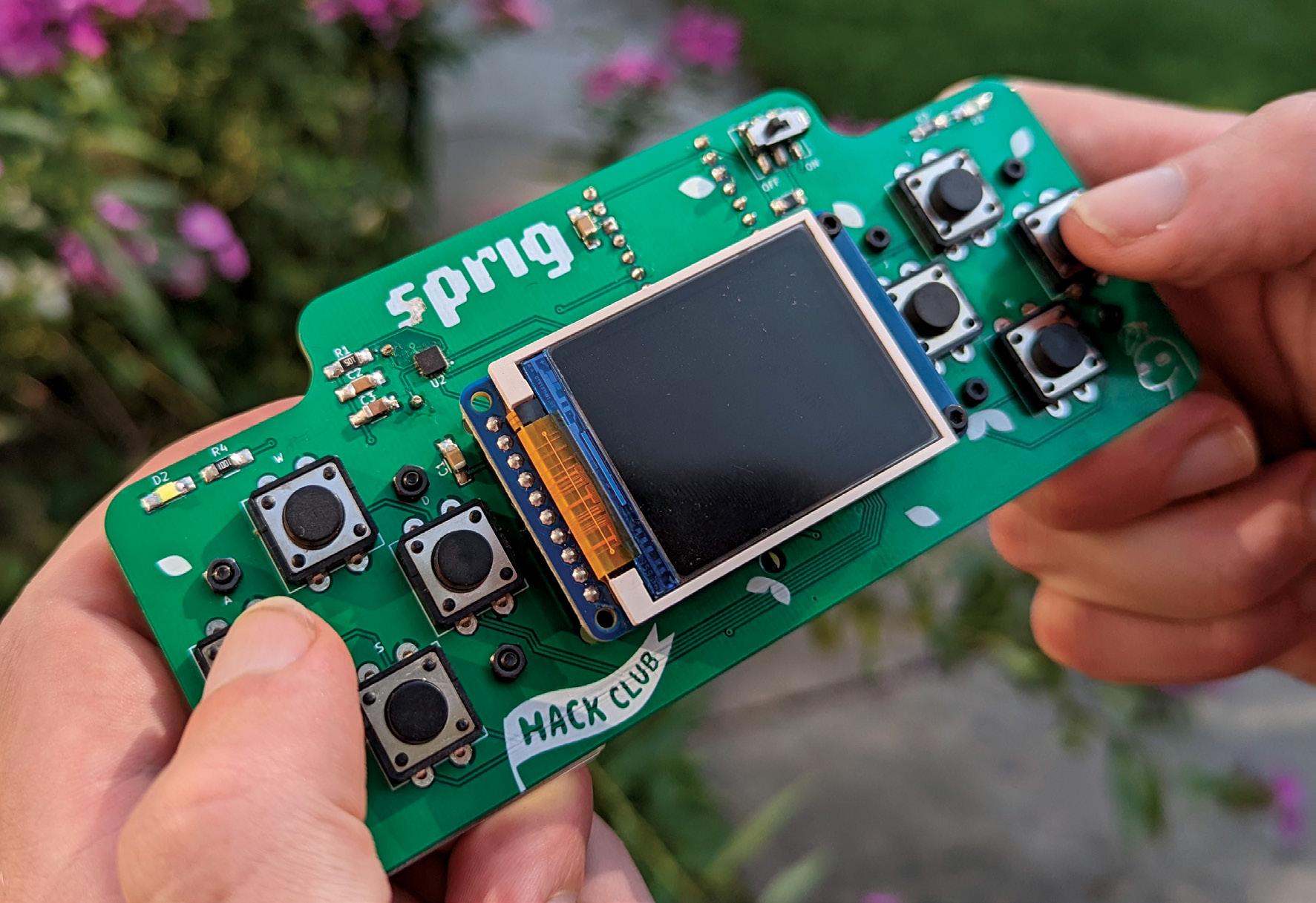with STEM™ CAREERS JOB KIT Cyber Security Engineer
Defend our community from online attacks



Defend our community from online attacks





As cyber security engineers, we’re in constant battle with criminals who set out to fake elections, steal identities, scam people out of their life savings, and worse. These bad guys break all the rules – which means the rules we play by are constantly changing – and the field of cyber security is rapidly evolving.
But Australia is facing a long-term shortage of cyber security professionals. To bridge the cyber skills gap and protect our communities from cyber criminals, we need students who are smart. Curious. Energised. In our Bachelor of Cyber Security students often begin with no background in coding or IT. They graduate knowing everything from how microchips work to criminal psychology. They benefit from hands-on industry experience and working with practising experts. They’re taught to mix theory with agile thinking. They become skilled at using digital forensics and AI – and high-pressure problem solving and teamwork – in the race to stay ahead of the bad guys.
When you work in cyber security, you’ll not only be super well-paid and in very high demand, you’ll also have a strong sense of mission: you’re doing good in the world.
At UNSW, we aim to develop cyber security leaders who are both technically skilled and sharp-minded. Our Cyber Security graduates go on to get top jobs at Google, Atlassian, banks, telcos, the military, secret squirrel organisations...
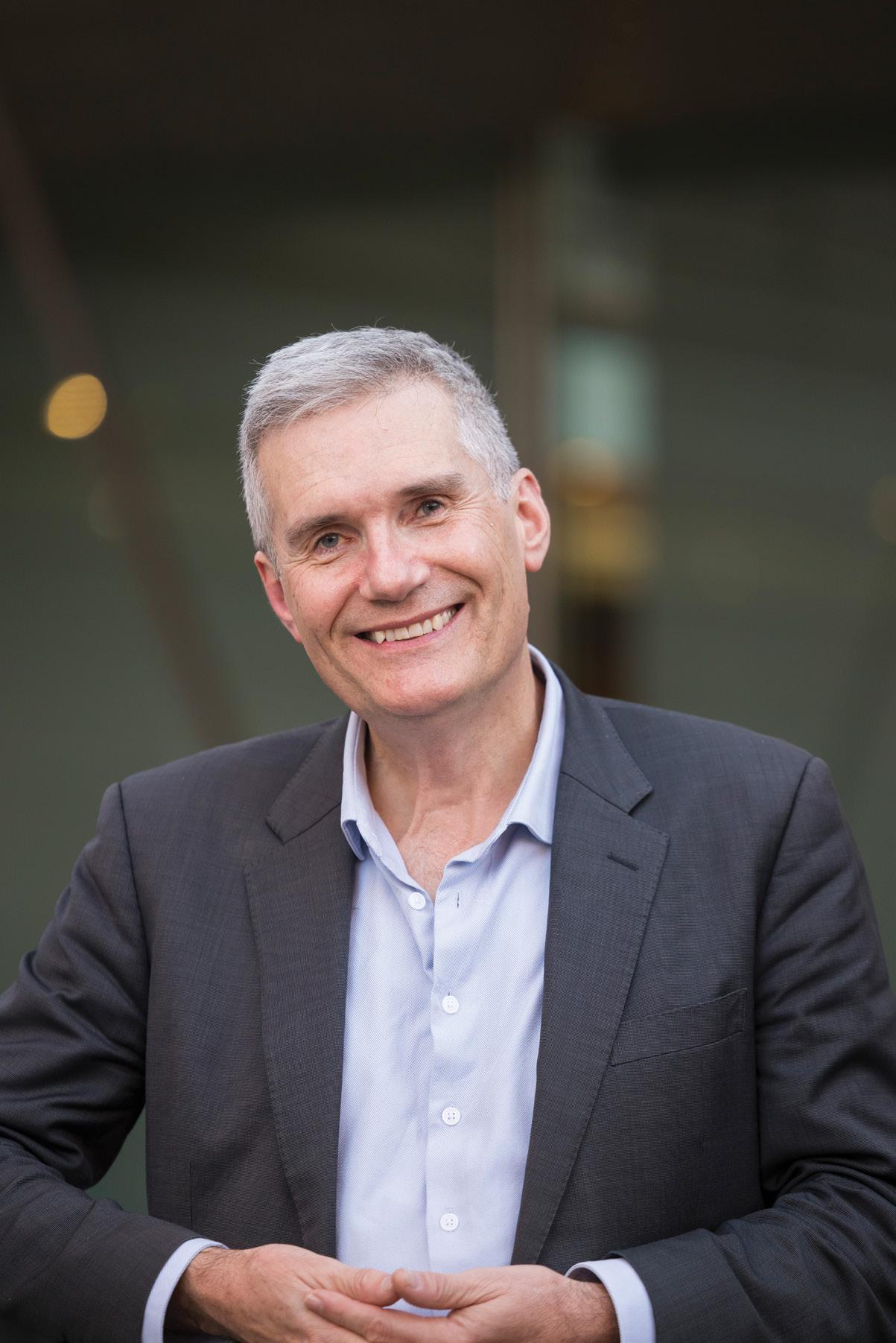

Richard Buckland
Professor of Cyber Security, UNSW

To thrive in this dynamic environment, teamwork is vital, which is why at UNSW we place such a strong focus on creating belonging and connection. Our cyber security community is second to none. Every unit is developed with industry. Every student will have an industry mentor across their entire cyber degree. We all know each other and work together. And we do
If this sounds like a challenge you’re up for, then
Richard Buckland Professor of Cyber Security, School of Computer Science and Engineering, UNSW
Turn your tech skills into a career that protects
you love solving puzzles, outsmarting hackers, and dodging digital danger?
If you want a career that’s challenging, future-proof and meaningful, cyber security engineering is crying out for more skilled-up superheroes. Whether you’re saving companies from disaster, protecting national secrets, or helping your community stay safe online –your work makes a real impact.
What will you earn as a cyber security professional?
$88K – $140K/year
$120K/year average
Source: Glassdoor.com
• Hackers attack a computer every 39 seconds*
• In the past year, 2.8 million Australians were victims of cybercrime**
• Australians lost $3.5 billion to cybercriminals in 2019**
• Jobs for cyber security professionals have grown by an average of 24.6% each year since 2016***
Cyber security protects our community from real pain:
• Hospitals locked out of patient records
• Schools shut down from ransomware
• Families losing life savings to scams
• Personal identities or accounts stolen

Cyber security engineering is a great fit if you:
Like solving mysteries
Enjoy computers and tech
Are curious and always ask “What if...?”
Are calm under pressure
Want to protect people
Love outside-of-the-box problem-solving
As a cyber security engineer, you can protect people with your digital skills, from anywhere in the world, even while wearing your pyjamas
Use your tech powers for good as a white hat hacker, aka penetration tester. You’ll put your hacking skills to the test to work out how secure a system really is. Your killer skills can help companies, governments and ordinary people stay protected in a world that’s always connected.
Cyber Security Analyst
The job: You’ll monitor and respond to digital threats
Your superpower: Attention to detail
White Hat Hacker
The job: You’ll try to break into digital systems to find weaknesses
Your superpower: Mad hacking skills
Network Security Engineer
The job: You’ll protect big systems like school or hospital networks
Your superpower: Cool under pressure
Cryptography Engineer
The job: You’ll work on codes to protect sensitive info
Your superpower: Maths wizardry
Security Software Developer
The job: You’ll build the tools that keep everything safe
Your superpower: You write elegant code that minimises vulnerabilities
Forensic Analyst
The job: You’ll investigate cybercrimes
Your superpower: Sniffing out digital clues
UNSW’s engineering faculty consistently ranks as the best in Australia. You’ll get hands-on experience, access to global research, industry placements and flexible double degree options.
As a digital defender, you’ll design systems that:
✔ Prevent cyber attacks
✔ Protect data
✔ Keep networks safe
✔ Work on firewalls
✔ Detect hackers and malware
Study a Bachelor of Cyber Security at UNSW.
Core subjects include Foundations of Cyber security and Cyber security Workshop 1 – Penetration Testing, plus choose subjects in psychology, digital forensics or Web Application Security and Testing
You have loads of flexibility to tailor your degree, with electives from all over UNSW, plus cyber-subjects like System and Software Security Assessment or Security
Engineering and Cyber security

Scholarships to watch
• UNSW Women in Engineering Scholarship
• UNSW Engineering Rural Scholarship
Find out more At scholarships.unsw.edu.au or scan
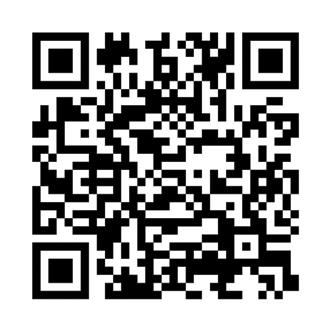

In high school, Jay Patel did well in English, economics and business studies. So what better choice than an engineering degree?
“I was probably the worst person to do any STEM-related degree,” he says, “but I wanted to do something more technical, something more hands-on that didn’t involve physics.”
Jay loaded up on cyber security courses, and loved it. “Being a great security engineer requires a deep understanding of how systems work. With normal programming courses, you’ll learn how to code ‘hello world’ or ‘1 plus 1 equals 2’. But cyber security is very much about mindset. It’s about learning how to approach a problem and then solve it.”
Jay thrived in this challenging atmosphere, taking up the opportunity to work as a tutor in cyber courses he’d done well in. “The chance to be a course tutor is something quite unique to the UNSW School of Computer Science and Engineering and represents a huge opportunity for high-performing students to give back and grow professionally,” he says.
Everyone knows everyone
Jay also loves that the cyber community is super-close.
“Everyone knows each other. That kind of community is really, really valuable. That’s why I study at UNSW, it’s really the people. Brilliant teachers and an extremely supportive and welcoming community.”
Jay’s UNSW experience includes an exchange to the Netherlands, building AI automation tools for assessing cyber threats as a casual Cyber Security Support Officer, and
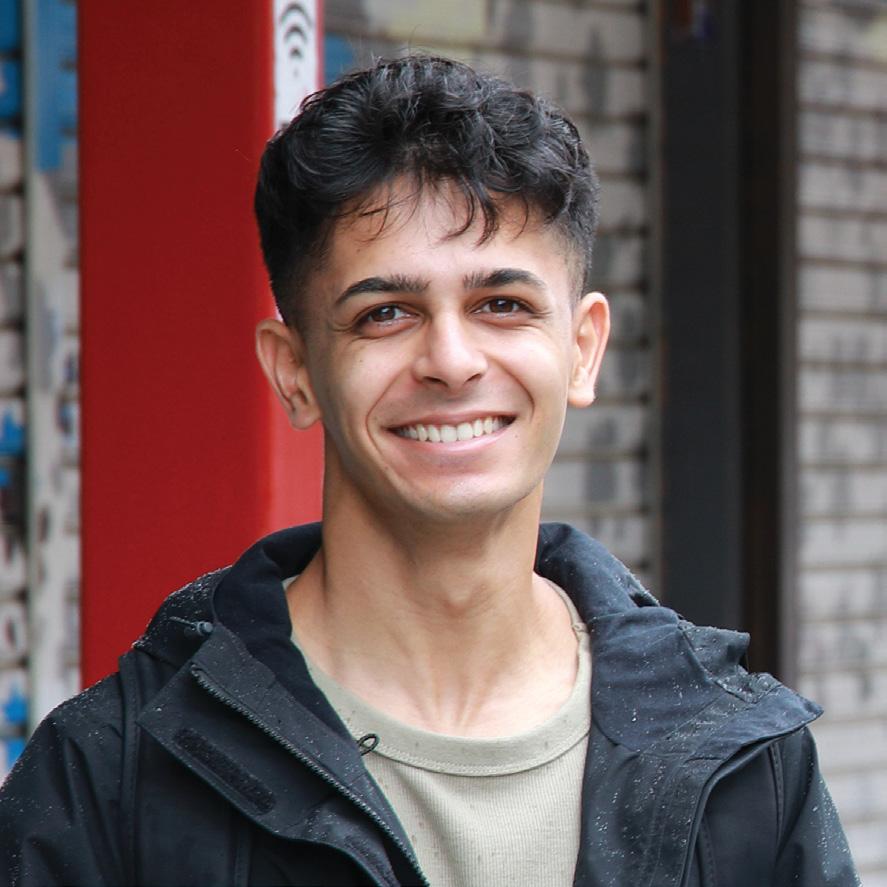
volunteering as Socials Portfolio Director at SecSoc – UNSW’s student security society
“In high school, I was at the bottom of my maths cohort,” Jay says. “But high school isn’t a reflection of how you’ll do at uni. At uni, if you have the mindset of taking on a challenge, then you can definitely do it.”
When Jay graduates, he’s keen to get a job overseas. “I don’t have an actual straight-line plan. Because I do security, I can branch out into all these different fields. I can just kind of do what I want.”
To best break or defend systems, you need to out-think the people who built them.”
With a gig at Google, security engineer
Kristin Smith is living the dream

Day in the life
“I work a fourday week as my team provides 24/7 coverage across three countries.”
7:30am
Arrive at the office and grab breakfast.
8am
Read my chat messages and emails. “My team is spread across Sydney, Zurich and Sunnyvale, so a lot of communication happens while I’m offline.”
Kristin Smith took her time at uni. After high school, she enrolled in a Bachelor of Computer Science at UNSW, stretching a three-year degree to five years to balance paid work and study.
“At the time I felt like I had ‘fallen behind’ but that was not the case at all,” she explains. “It was a great decision in hindsight.”

Grateful for UNSW’s flexibility, Kristin credits one unit in particular for setting her up for future success: Security Engineering and Cyber Security
“It really helped me develop a security mindset and improve my communication skills,” she says. “I still use the skills I learned there in my job today.”
Kristin soon landed an impressive gig at Google. She now works as a security engineer, investigating potential cyber threats and building the tools to stop attempted attacks. For example, Kristin and her team developed a malware detection system backed by machine learning to protect the Google corporate fleet.
Some days Kristin is deep into writing
9:30
Action code reviews and bugs.
10:30
Write some code for a project. 12:30
Lunch.
1:30 Meetings with partner teams. 3:30
Test code and run experiments. 5pm
Send questions, bugs and feature requests to teammates in the US and Switzerland for when they come online.
I’ve been in my role for four years and I still learn something new each day.”
code. Other days, she’s on high alert, tracking real-time incidents. She says it’s fast-paced, unpredictable and proof that following your curiosity – and taking care of yourself – can lead to an epic career.
Kristin’s advice for future engineers? “If you find something cool, explore it,” she says. “But always take care of your health. Don’t rush your degree just to finish on time.”

This cult classic 90s Hollywood heist takes us behind the scenes with a team of ethical hackers.
Live Free or Die Hard
Could this be the best Die Hard ever?
The unstoppable John McClane enrols the help of hackers to stop a cyber-terrorist plot.
Tron: Legacy
Hero Sam uses his tech skills to fight back against a virtual enemy in this fast-paced big-biked cyber-romp.

To read this job kit online, scan here


Security Society of UNSW (TikTok)
Hear directly from UNSW students interested in cyber security.
UNSW Institute for Cyber Security (IFCYBER) (YouTube)
Dive into everything from the Dumbo Protocol to the psychology of trolling.
Tech with Jono: Getting into Cybersecurity (YouTube)
What’s it really like working as a cyber security professional in Australia?
A nonprofit global network of teen hackers who code together. By students, for students.
Which Cyber Security
Job is For You?
Love a personality quiz?
Discover your perfect cyber security job match with our Careers with STEM quiz.
Australian Schools
Cyber Challenge
Register a team of friends, compete in hyper-realistic online cyber challenges, and win prizes. Yes please.

Best for: Python and JavaScript beginners
Real coding (not drag-and-drop), adventure game format, battle monsters by writing code.
Best for: Visual programming, storytelling and games
Build games, animations, and interactive stories with drag-and-drop blocks.
Great for creative minds.
Best for: Levelling up your coding skills
Real-world coding problems turned into puzzles and challenges.
Grok Academy
Best for: Dipping your toe into coding
Try your hand at cryptography and cyber card games.
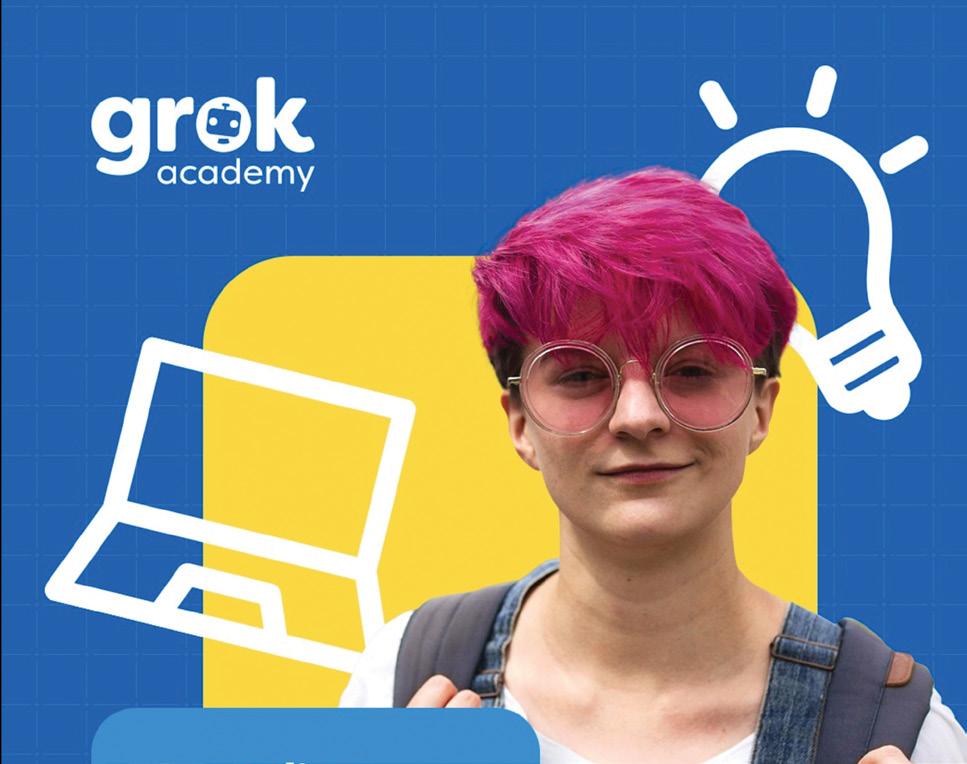
Cyber security engineering
is high-tech, high-stakes and never boring. To learn more, check out cyber security courses at UNSW and get ready to dive into:
• Ethical hacking
• Digital forensics
• Cryptography
• AI and machine learning for threat detection
• Legal and ethical hacking laws
• Cyber psychology
• Social engineering
